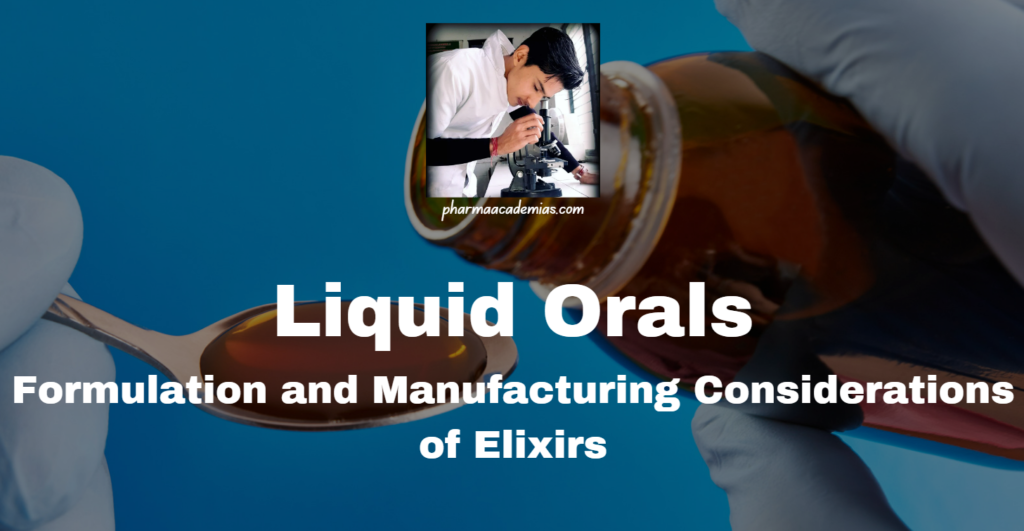The evaluation of liquid oral preparations, such as syrups, elixirs, suspensions, and emulsions, involves a series of tests and standards outlined in pharmacopoeias. These tests ensure that the products meet the required quality, safety, and efficacy standards. The following are key evaluation parameters commonly found in major pharmacopoeias such as the United States Pharmacopeia (USP), […]
Day: September 5, 2024
Filling and packaging are critical steps in the production of liquid orals, including emulsions, suspensions, syrups, and elixirs. These steps ensure that the product is safely contained, properly labeled, and protected from environmental factors that could affect its stability and efficacy. Filling Process 1. Preparation for Filling Bulk Product Transfer: The bulk liquid product is […]
Emulsions are liquid oral dosage forms where one liquid is dispersed in another immiscible liquid in the form of small droplets. They are commonly used to deliver drugs that are poorly soluble in water or to improve the taste and palatability of oily drugs. Proper formulation and manufacturing of emulsions are crucial to ensure stability, […]
Suspensions are a type of liquid oral dosage form where solid particles of an active pharmaceutical ingredient (API) are dispersed in a liquid medium. They are used to deliver drugs that are insoluble or poorly soluble in water, providing an alternative to solutions. Proper formulation and manufacturing of suspensions are critical to ensure stability, efficacy, […]
Elixirs are liquid oral dosage forms that contain medicinal ingredients dissolved in a mixture of alcohol and water. They are used to deliver drugs in a palatable and easily absorbed form. The formulation and manufacturing of elixirs require careful attention to ensure effectiveness, stability, and patient acceptance. Formulation of Elixirs 1. Definition Elixirs: Clear, sweetened […]
Syrups are a popular form of liquid oral dosage due to their palatability and ease of administration. They are used to deliver both therapeutic agents and nutrients. The formulation and manufacturing of syrups involve several key considerations to ensure efficacy, stability, and patient acceptability. Formulation of Syrups 1. Definition Syrups: Concentrated solutions of sugar or […]
Quality control (QC) is a critical aspect of tablet manufacturing that ensures the final product meets the required specifications for safety, efficacy, and quality. Quality control tests can be categorized into two main types: in-process tests and finished product tests. Each type focuses on different stages of the manufacturing process to ensure consistency and compliance […]
Tablet Coating Tablet coating is a critical process in pharmaceutical manufacturing that involves applying a layer of coating material to the surface of the tablet. This process can serve various purposes, including protecting the drug substance, masking taste, controlling drug release, and improving the tablet’s appearance. Types of Coating 1. Sugar Coating – Definition: […]
Tablet formulation is a complex process that involves a series of steps and various types of equipment to produce high-quality tablets. Proper selection and use of equipment and tooling are crucial to ensure the consistency, quality, and efficiency of the tablet manufacturing process. Equipment in Tablet Formulation The main equipment used in tablet formulation can […]









